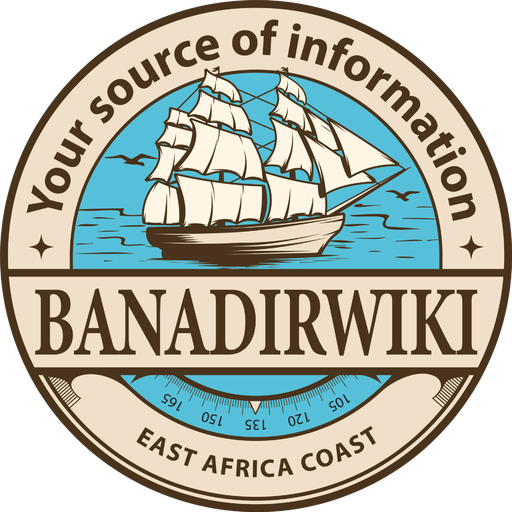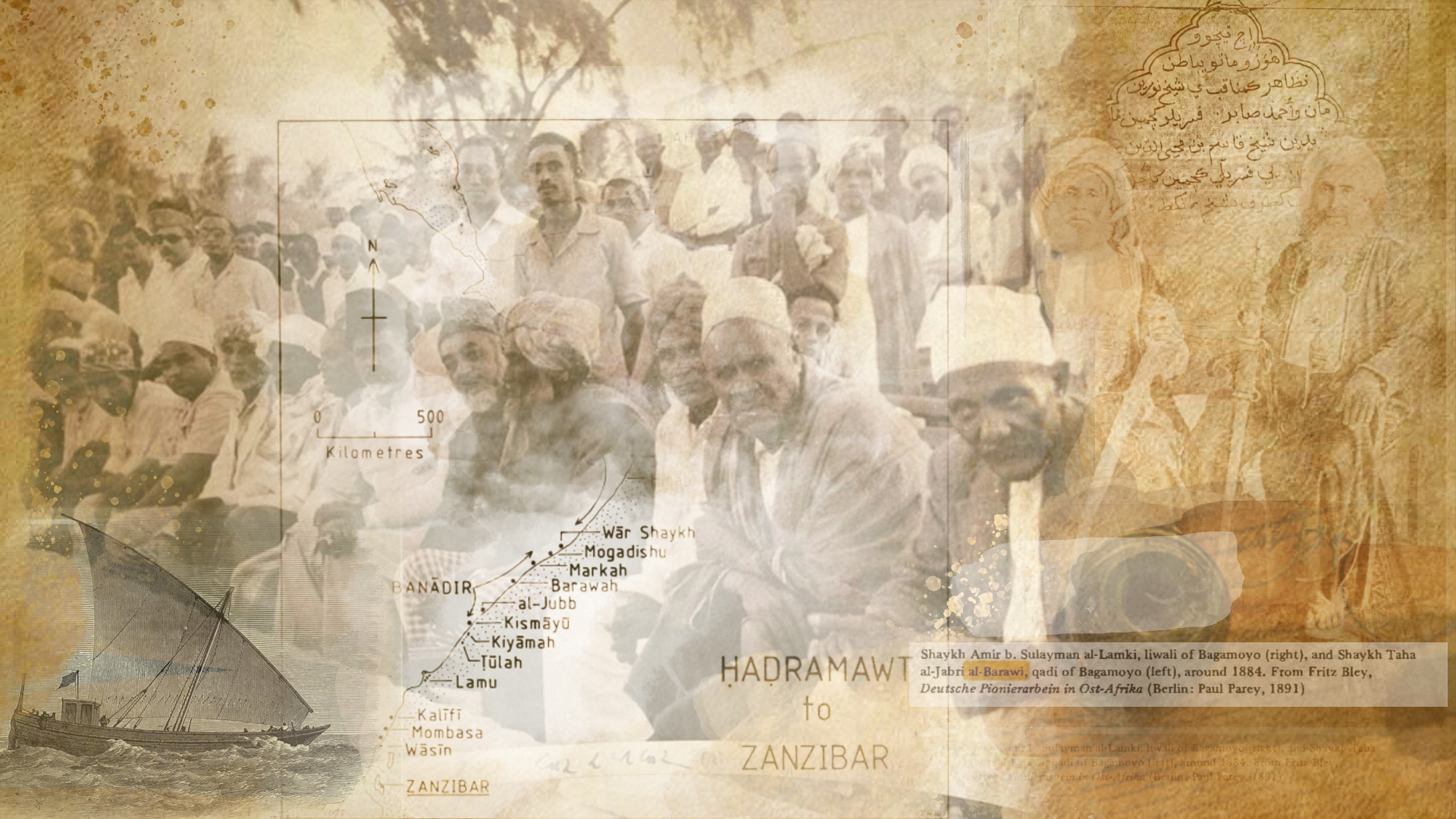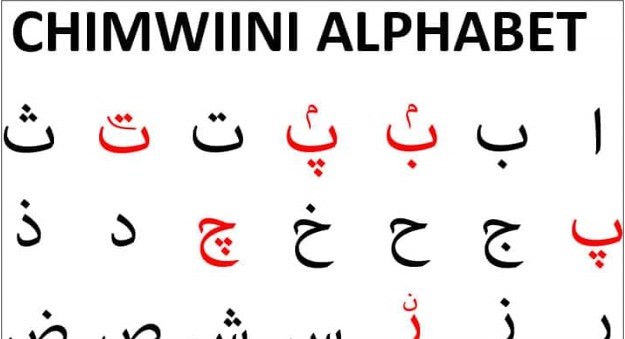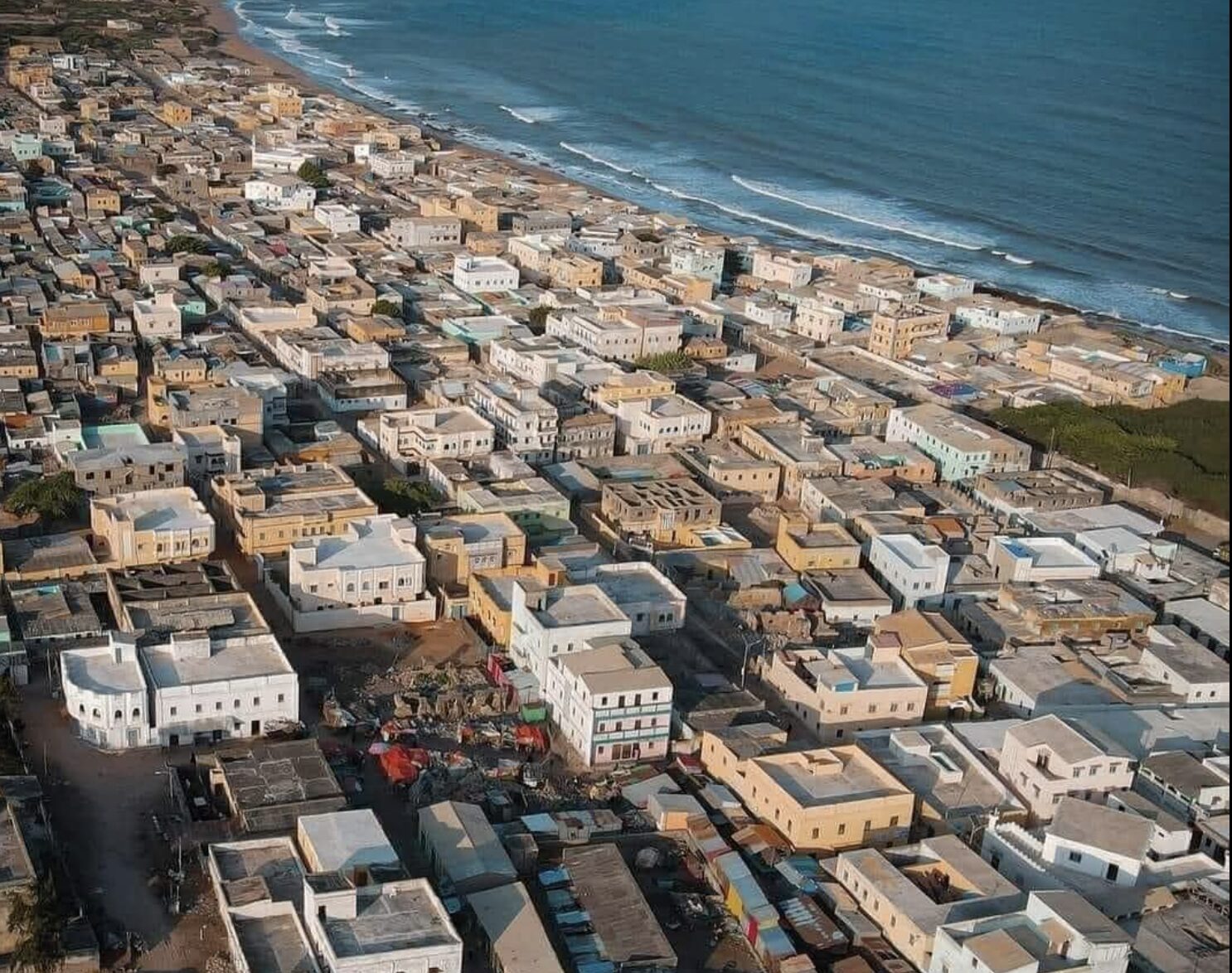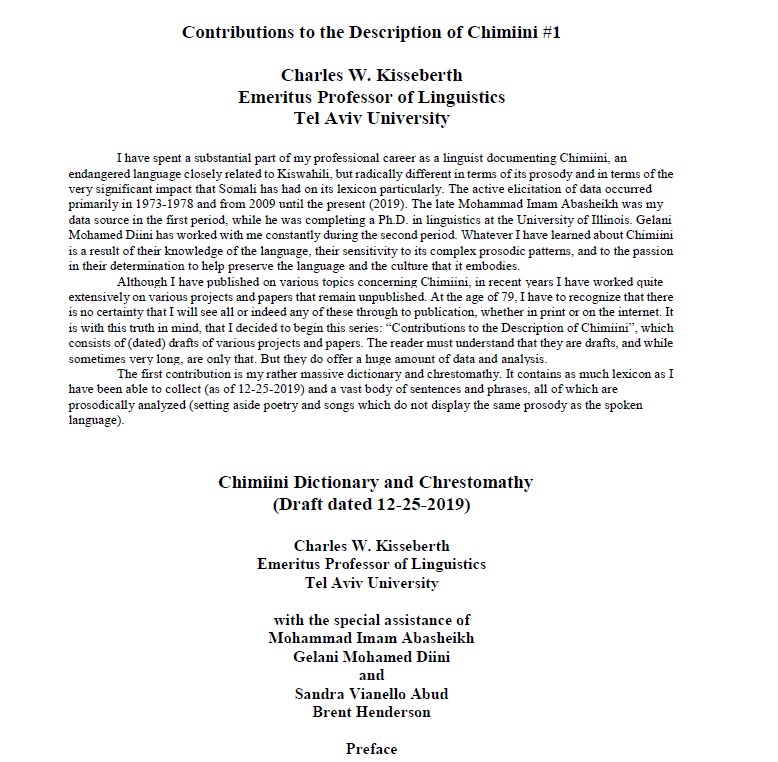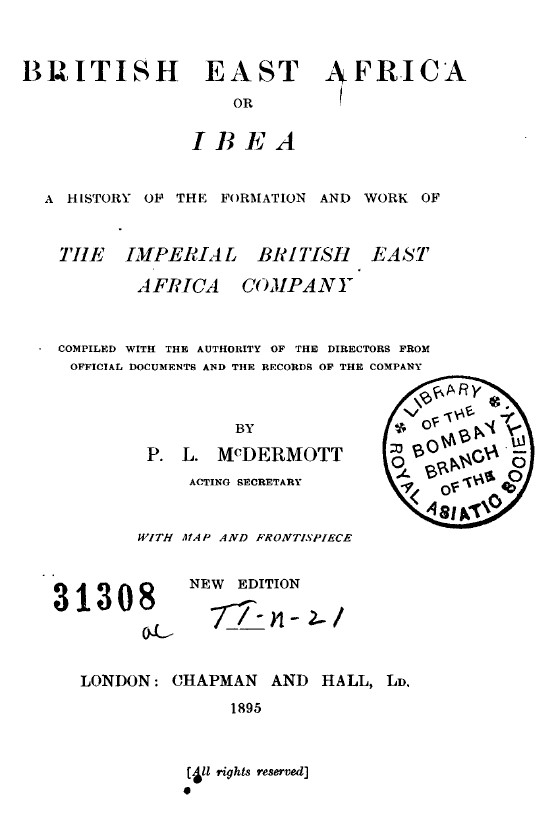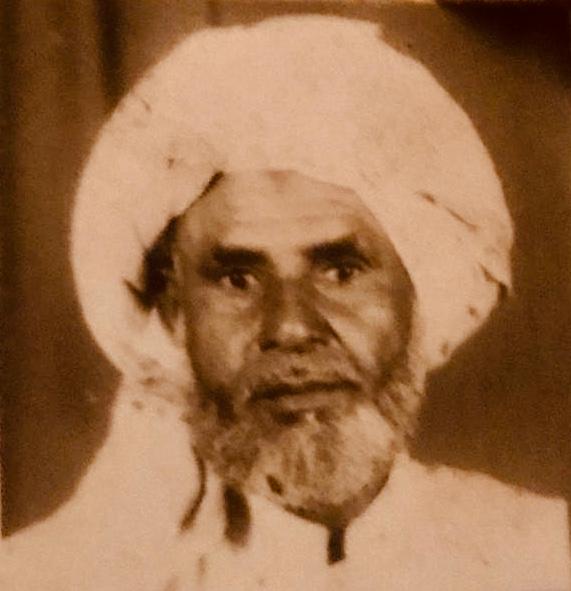
He was born in Barāwa around the year 1915 CE. Early in life, he was a trader and had a shop that imports goods from Italy. Around the age of 24 or 25 he closed all his businesses and exclusively focused on seeking sacred knowledge with a sincere heart, implementing whatever he learnt and then spreading it.
His Lineage
He is Shaykh Ahmad al-Badawī bin Shaykh bin Shaykh bin ʿUthmān bin Abū Bāna bin Muhammad bin Muhammad bin Abū Bakr bin Abdullah bin Shaykh Wāl bin Abdullah bin Shaykh Wāl (the grandfather of the al-Wālī tribe {Rā Wālī} who live in Barāwa and East Africa, and he is their ancestor) bin ʿUmar bin Muhammad bin Shaykh ʿAlī bin Shaykh Mubārak bin ʿAlī.
This Lineage was taken from the family tree of the Al-Wā’ilī tribe (Rā Wālī).
His Teachers
He took knowledge from scholars such as:
1) Shaykh ʿUmar al-Mārisī bin al-Ḥājj Muhammad al-Iṣḥāqī al-Maqdishī
2) Shaykh Muhammad bin al-Faqīh Yusuf al-Shāshī
3) Shaykh Walī bin Shaykh bin Muhammad Ḥājj
4) Shaykh Salim al-Wā’ilī
5) Shaykh Abd al-Raḥmān bin Muʿallim Shaykh Walī (popularly known as Fonzi Abdul Raḥmāni).
He also studied language, creed and a number of sciences with the great Imam:
6) Shaykh Muhammad Ṣūfī bin Shaykh Qāsim Al-Barāwī.
and many others.
His Students
Many people studied at his hands and benefitted immensely from his knowledge. Without exaggeration, most of the scholars in Barāwa scholars were among his students, such as:
1) Shaykh Abū Bakr bin Nūrshī Muḥyī al-Dīn
(the collector of the virtues of Shaykh Qāsim al-Barāwī. Shaykh Badawī wrote for him the first two chapters and then advised him to complete the rest in that manner).
2) Shaykh Nūrīn Imam al-Ḥātimī
3) Shaykh Muhammad Shaykh Muhammad Ḥājj
4) Shaykh Sayyid ʿAlī Shaykh Nūrīn
5) and Shaykh Ahmed Abrār al-Ḥātimī
and many others.
Dawah Activities
Shaykh Badawī went to seek Islamic knowledge from many scholars in different regions of Somalia. He then went out to spread the call of Allah by teaching people their religion. He used to deliver speeches in different mosques inside Barāwa and outside in both the Barāwi and Somali languages.
He held a lesson of fiqh (jurisprudence) in his house everyday in the mornings (except on Fridays), which most of Barāwa’s scholars would attend, such as Shaykh Muhammad bin Shaykh bin Muhammad Ḥājj, Shaykh Nūrīn Imam, as well as other people from the city.
After the lesson the Shaykh would serve them a popular dish in Barāwa called ‘Mangi’ (which consists of boiled red beans with wheat, served with sugar and sesame oil).
His Mosque
His mother built a mosque for him and assigned him to be the Imam, so he began to lead prayers, deliver sermons and hold lessons in that mosque, and he used to sponsor some students of knowledge from outside Barāwa to receive knowledge, learn their Dīn and practice it. After a few years they would return to their villages, cities, or communities filled with the light and power of knowledge.
His Travels
He was sent to Al-Azhar Al-Sharif in Cairo, Egypt with a number of Barāwa scholars such as Shaykh Muhammad al-Hādī and Shaykh Nūrīn Imam, and he spent nearly two months there, where he met a number of scholars and was given the license to teach (Ijaza).
During his time there, the Grand Shaykh of Al-Azhar, Shaykh Jād al-Ḥaqq ʿAlī Jād al-Ḥaqq, honored him.
The Muslim World League conducted several tests in a number of Sharia disciplines for a number of Somali scholars in which Shaykh Badawī and Shaykh Muhammad al-Hādī al-Ḥātimī were participants and they among the first to be chosen to be envoys of the League in the Qaryūlī refugee camps in Somalia, and they began travelling there to spread knowledge in 1402 AH (1982).
He worked hard to spread the da’wah in those areas, and to educate people.
He used to go out to Qaryūlī areas from Saturday and return to Barāwa on Thursday, he continued to do that for a period of time until a number of students completed their studies with him.
His Death
At the end of his life, he suffered from a stomach illness, his illness continued until he passed away on 8th August 1990 in Mogadishu. Upon his death, his body was transferred to Barawa he is buried near the courtyard of his Mosque.
Written By Ismail Mohamed Faqih
